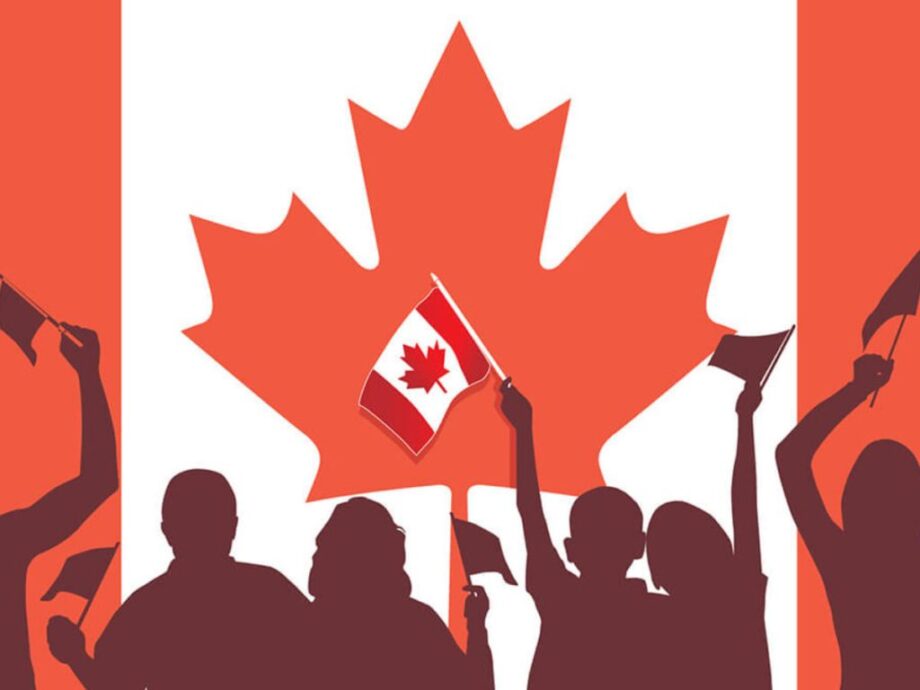Refugee Immigration in Toronto

Refugee Immigration in Toronto: A Comprehensive Overview
Introduction
Toronto, one of the most multicultural cities in the world, has long been a hub for refugee settlement in Canada. With its robust support systems, inclusive policies, and vibrant cultural diversity, the city provides a welcoming environment for individuals and families seeking refuge from persecution, conflict, or humanitarian crises. This article explores the refugee immigration process in Toronto, the challenges faced by refugees, and the resources available to help them integrate into Canadian society.
Refugee Immigration to Canada
Canada’s refugee program operates under two main streams:
- Resettlement from Abroad: Refugees identified and referred by the United Nations High Commissioner for Refugees (UNHCR) or private sponsors.
- Asylum Seekers in Canada: Individuals who arrive in Canada and claim asylum at the border or within the country.
Types of Refugees: Refugee Immigration in Toronto
- Government-Assisted Refugees (GARs): Supported by the federal government for up to 12 months.
- Privately Sponsored Refugees (PSRs): Supported by private groups such as faith-based organizations or community groups.
- Blended Visa Office-Referred Refugees (BVORs): Receive support from both the government and private sponsors.
Legal Framework: Refugee Immigration in Toronto
The Immigration and Refugee Protection Act (IRPA) governs refugee immigration in Canada, ensuring that individuals fleeing danger receive protection and fair treatment.
Refugee Settlement in Toronto
Toronto is a preferred destination for refugees due to its established infrastructure, employment opportunities, and diverse communities.
Key Reasons for Choosing Toronto
- Multiculturalism: Toronto is home to large immigrant and refugee populations, creating an inclusive atmosphere.
- Settlement Services: The city offers extensive support through non-profit organizations, government programs, and community groups.
- Economic Opportunities: Toronto's dynamic economy provides refugees with better chances of finding employment.
Refugee Application Process: Refugee Immigration in Toronto
1. Claiming Asylum in Canada
- Asylum seekers can make a claim at a Canadian port of entry or an inland office.
- The Canada Border Services Agency (CBSA) or Immigration, Refugees, and Citizenship Canada (IRCC) reviews the claim to ensure eligibility.
2. Hearing at the Immigration and Refugee Board (IRB)
- Eligible claimants attend a hearing at the Refugee Protection Division (RPD) of the IRB.
- A positive decision grants the individual refugee protection and eligibility to apply for permanent residency.
3. Permanent Residency Application
- Refugees must apply for permanent residency after receiving protection status.

Challenges Faced by Refugees
1. Language Barriers
- Many refugees arrive without proficiency in English or French, making communication and employment difficult.
2. Employment Challenges
- Lack of Canadian work experience or recognition of foreign credentials often hinders refugees' access to stable jobs.
3. Housing Issues
- Toronto’s high cost of living and housing shortage make finding affordable accommodations challenging.
4. Mental Health and Trauma
- Many refugees experience post-traumatic stress due to conflict, persecution, or displacement.
5. Navigating Bureaucracy: Refugee Immigration in Toronto
- Understanding Canadian laws, systems, and processes can be overwhelming for newcomers.
Support Systems for Refugees in Toronto
Toronto offers a wide range of resources to assist refugees with their integration journey.
1. Settlement Services
- Organizations like Costi Immigrant Services and Access Alliance provide assistance with housing, employment, and language training.
- The Toronto Newcomer Office offers guidance on city services and programs.
2. Language Training
- Language Instruction for Newcomers to Canada (LINC): Offers free English or French classes.
- Toronto District School Board (TDSB): Provides adult ESL programs.
3. Employment Assistance
- Job Search Workshops (JSW): Help refugees develop resumes, prepare for interviews, and understand the Canadian job market.
- Programs like Career Edge and TRIEC Mentoring Partnership connect refugees with job opportunities and mentors.
4. Housing Support
- The Toronto Refugee Housing Network (TRHN) connects refugees with temporary and permanent housing options.
- Non-profits like Fred Victor and WoodGreen Community Services assist with finding affordable housing.
5. Mental Health Services: Refugee Immigration in Toronto
- Organizations like Canadian Centre for Victims of Torture (CCVT) and CAMH (Centre for Addiction and Mental Health) provide trauma counseling and mental health support.

Community Involvement: Refugee Immigration in Toronto
1. Private Sponsorship Programs
- Toronto has a vibrant community of private sponsors who assist refugees with financial and emotional support during their resettlement.
2. Volunteer Initiatives
- Local residents often volunteer to teach English, mentor refugees, or help with integration activities.
3. Cultural Organizations
- Ethnic and cultural associations provide a sense of belonging and community for refugees from similar backgrounds.
Government Initiatives
1. Federal Programs
- The Resettlement Assistance Program (RAP) provides financial support for GARs during their first year in Canada.
- Refugees receive access to healthcare through the Interim Federal Health Program (IFHP).
2. Municipal Support
- The Toronto Newcomer Strategy focuses on creating inclusive policies and practices for refugees and immigrants.
- Community hubs across Toronto offer resources and services tailored to refugees.
Success Stories: Refugee Immigration in Toronto
Numerous refugees have built successful lives in Toronto, contributing to the city’s cultural, economic, and social fabric. For example:
- Entrepreneurship: Refugees have established businesses that enrich Toronto’s economy.
- Advocacy and Leadership: Former refugees have become community leaders, advocating for newcomers’ rights.
Steps for Successful Integration: Refugee Immigration in Toronto
1. Early Settlement Planning
- Refugees should connect with settlement agencies immediately upon arrival.
2. Language Acquisition
- Enroll in language programs to improve communication skills and employability.
3. Education and Skills Development
- Pursue further education or certifications to enhance job prospects.
4. Community Engagement
- Participating in local events and activities helps refugees build networks and integrate socially.
5. Mental Health Care
- Addressing mental health needs early can improve overall well-being and integration outcomes.
Future Outlook
As global crises continue to force people to flee their homes, Toronto’s role as a welcoming city for refugees remains critical. However, there is a need for:
- Increased funding for affordable housing and settlement services.
- Greater collaboration between governments, non-profits, and community groups to address refugees' unique challenges.
- Long-term support programs that go beyond the first year of resettlement.
Conclusion
Refugee immigration is an integral part of Toronto’s identity, reinforcing its reputation as a compassionate and inclusive city. While refugees face significant challenges, the city’s extensive resources, supportive community, and progressive policies provide a solid foundation for successful integration. By addressing systemic barriers and fostering a culture of inclusion, Toronto can continue to be a beacon of hope for refugees worldwide.
In case, if you need help with Refugee Immigration in Toronto or other legal support, please fill in application below or contact us directly.

